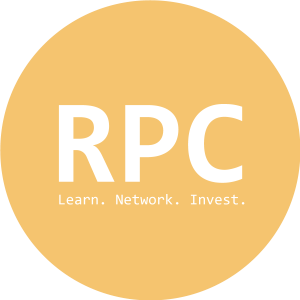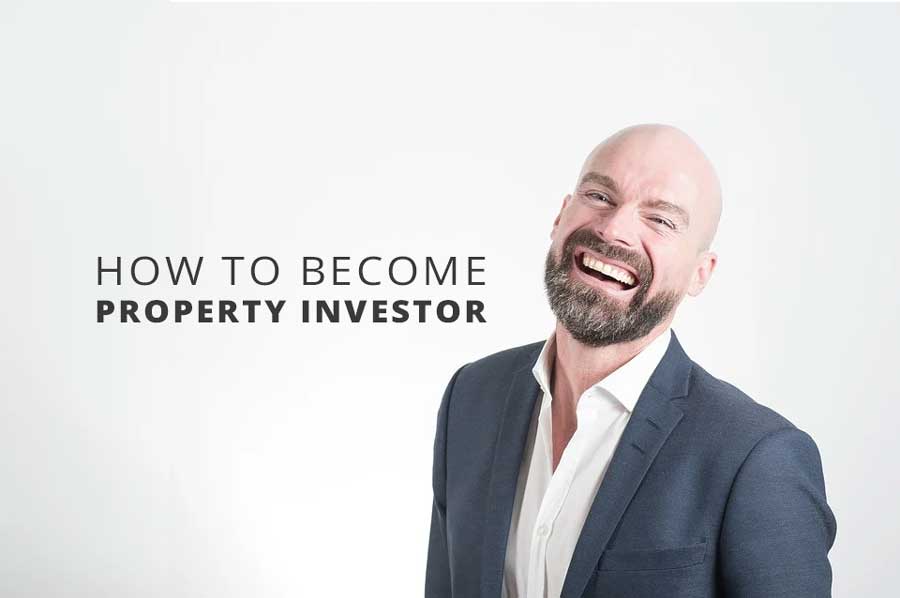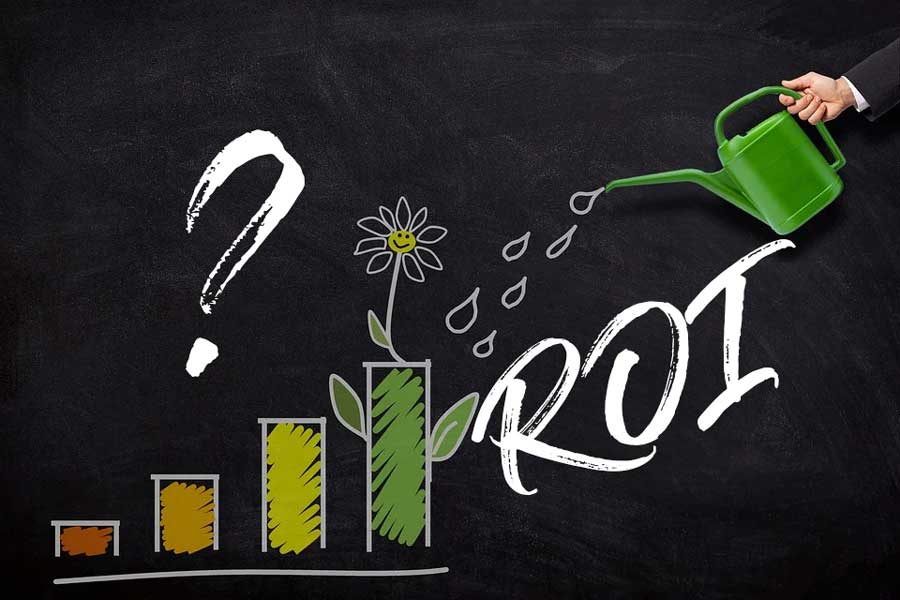Investing in a property is a great way to generate an income and increase your wealth. Property investors, however, have to be careful of the type of property they invest in. This short article, I will share how to become a property investor.
When looking for properties to buy you need to find the right type of property that will make you money. For example some properties offer good rental yield but are not desirable for tenants, while other types of properties may not offer great rental yields but are sought after by tenants.
This is especially true when we are looking at low cost flat. The property is cheap and easily generate 8% – 10% rental return. But not many people prefer to stay in a low cost flat. When the tenants pay a little more for the rental, then they could choose a wider range of properties in the market that are up for rent.
Becoming a property investor is a long process that requires significant time and money.
It takes an average of two years to become a property investor if one wants to do it the right way. The first step is to get educated on how it’s done, which includes reading books, taking courses, or attending seminars. The next step is to find a good agent. This step can take months as the agent needs to be trustworthy and experienced in the field.
The problem with many first time investors, is to buy based on their gut feeling. This is a big NO-NO in property investment. When we buy property, we don’t rely on guessing work. Guessing is a dangerous method to begin with. We should make purchasing decision based on all available information. That includes basic formula e.g. calculating return on investment, rental yield etc.
See also: How to Calculate ROI on Rental Property
This is not to say that property is a bad investment. In fact, it can be a really good one if you have done the research and know what you’re doing. However, people make mistakes and often end up with buyer’s remorse.
People are afraid to invest in property because of the upfront cost of buying the property.
Investing in property doesn’t have to be expensive. There are many ways for you to get into property without having to spend all your money upfront such as investing in a under construction project or investing with other people’s money with a private lender which is also known as mortgage financing or being an equity partner.

Find Your Reason
To start investing in property or any kind of investment is to find your reason. When you have enough reason and at least the importance of doing so, then you will take the action. Many people not investing in anything because they unable to find the reason behind it. There is no urgency to start investing. Thus, they just simply saving their money. By looking into the inflation alone is enough reason for me to start investing.
In my case, I have enough reasons why I need to invest in property. If you read my book above – Best Time To Invest in Property, I started off with low cost property first. Then slowly into condominium and subsequently a landed house. These days, I started investing in stocks too. All for the sake of diversification!
My real reason is to create long term wealth and retirement. As I fully aware that wealth creation takes time. The sooner I get started, the better it would be for me at the end.
As for you, there are many reasons to invest in property. If you are looking for a smart retirement plan, consider investing in property as there is always a demand and the steady appreciation of properties. Did you know that there are many ways to invest in property? You can buy a house outright or you can buy a real estate investment trust (REIT). REIT is great if you want to start investing in property but not owning the actual property with mortgage.
See also: Real Estate Investment Trust. An alternative to owning a property.
Managing Risk
In any kind of investment perhaps in business as well, it is all about risk management. Investing in a property is always a risky business, but with the right knowledge about the market, you will be able to make better decisions.
Experts advise that if you are thinking of buying your first property, it’s important to start small. Buying a second home or an investment property can be risky. And if you’re looking for a holiday home, they recommend renting out your current home while you’re away and finding somewhere temporary to live when there.
Always check your affordability when it comes to investing in property. NEVER ever invest beyond your mean. The last thing you want is to stuck with one property your whole life!
Setting Your Goal
The goal for becoming a property investor is to build long term wealth as I mentioned before. Investors should consider many factors when developing a plan for investing in property, some of which may be outside of their control.
Investors should consider their own goals and risk tolerance before deciding how to invest in property. If they are looking for income, they might consider buying into a commercial building or going into the rental market. If they are more concerned with capital growth, then they might go with the residential market or investing in a development project. New development provides high cash on cash return due to low upfront cost and many freebies particularly on legal fees etc.
Conclusion
Investing in a property is one of the best ways to create passive income. You can buy an investment property and generate rental income from it. The property should be free from encumbrance if you want to generate passive income or if you buy your property below market value. End of the day, you need to have a clear investment plan and strategy. These can only be acquired with continuous learning. Finally, you need to have the right mindset. Understanding the risk involved when investing property will help you to analyse the property in greater detail and of course any potential return as well.








